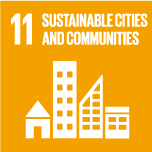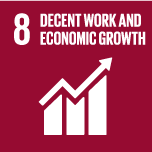Feasibility study for implementing non-burnt bricks to reduce environmental load and improve working environment in Indian brick manufacturing industry
| Principal Investigator (Affiliation) |
|
|---|---|
| Co-investigator |
|
| Research Participant |
|
| International Coordinator |
|
| Research Institutions in Japan | Nagoya University / NIHON University / Fujita Co. |
| Cooperating Organization in Japan | Kyoto University / Kameiseito Co. |
| Partner Country | Republic of India  |
| Research Institutions in India | |
| Cooperating organization in India | Indian Institute of Technology Kanpur / Geo Designs & Research |
| Support Organization | |
| General Description of the Research Project | The aim of this feasibility study is to achieve the SDGs by reducing the environmental load and to improve the working environment of the brick manufacturing industry, which encompasses serious social problem in India. The applicants have been working on the development of non-burnt bricks with extremely low environmental impact factor, in a very a good working environment, and is excellent in both quality and cost. This study is planned to focus on the feasibility of the use of a new non-burnt brick and its widespread use in the construction industry. Assuming Gujarat state as a major implementation site of the non-burnt bricks, the following two topics will be focused on for the feasibility study. (1) Field survey to prepare a plan for the social implementation of non-burnt bricks. (2) Technical coordination to examine local materials for mix designs, manufacturing process and utilization method in construction industry. |
| Links |






